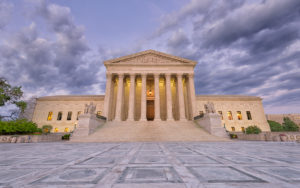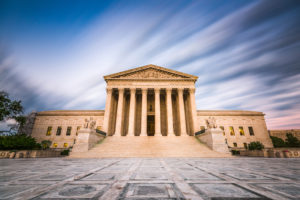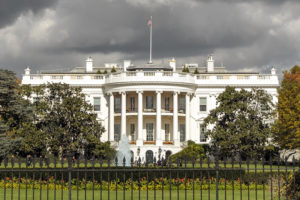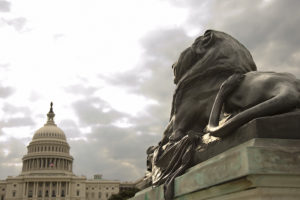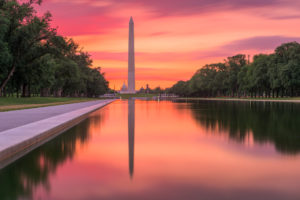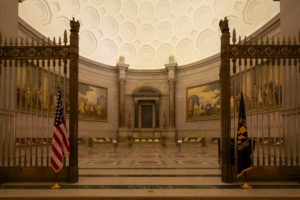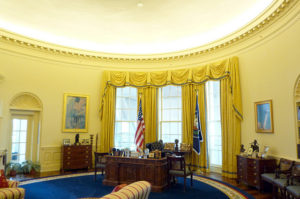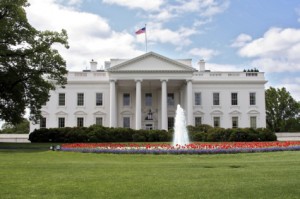The Supreme Court’s 2019-2020 Regulatory Term
Scholars and practitioners highlight the Court’s most significant regulatory and administrative law decisions.
Old Norms and New Challenges in Spain’s Response to COVID-19
Executive and legislative branches of Spain’s government wield debatable legal authority in times of crisis.
Trump’s “Emergency” and the Constitution
The Constitution requires the Supreme Court to ensure that the President does not abuse emergency powers.
Presidential Authority and the Antiquities Act
Scholars contend that the President may revoke monument designations made during previous administrations.
The Travel Ban in Court
The Supreme Court should follow the Fourth Circuit in prohibiting impermissible animus while maintaining the President’s discretion.
Improving Regulation of Police Use of Lethal Force
Scholar argues that policymakers should apply the substance of executive branch lethal force regulations to the police context.
Executive Power and the CFPB
D.C. Circuit weighs constitutionality of the consumer financial watchdog’s organizational structure.
Getting Back to the Basics with Agency Rulemaking
The United States needs a bipartisan push to bring transparency and accountability back into the rulemaking process.
The Constitutional Executive Order on Regulatory Budgets
President Trump’s regulation-trimming executive order will likely survive judicial scrutiny despite potential policy objections.
Ordering Agencies to Violate the Law
President Trump’s regulatory budget executive order withholds agency action and harms the American public.
It Is Premature to Label a Regulatory Budget Unconstitutional
The President’s one-in, two-out executive order may be difficult to implement, but it is not unconstitutional.
Executive Power After United States v. Texas
This closely watched case highlights larger lessons about the limits on executive power.

